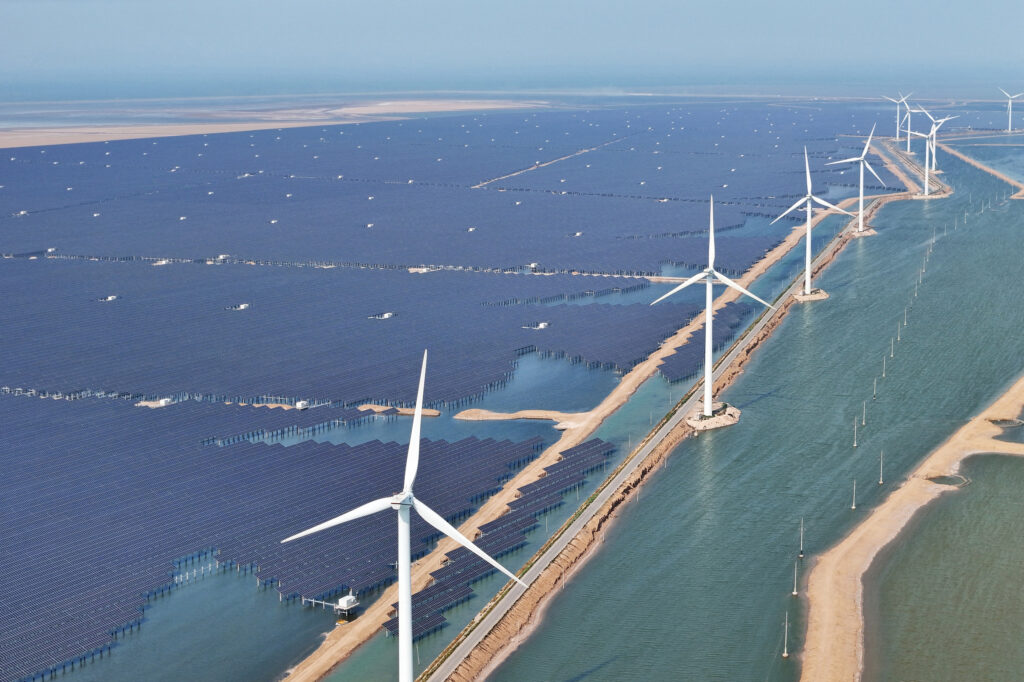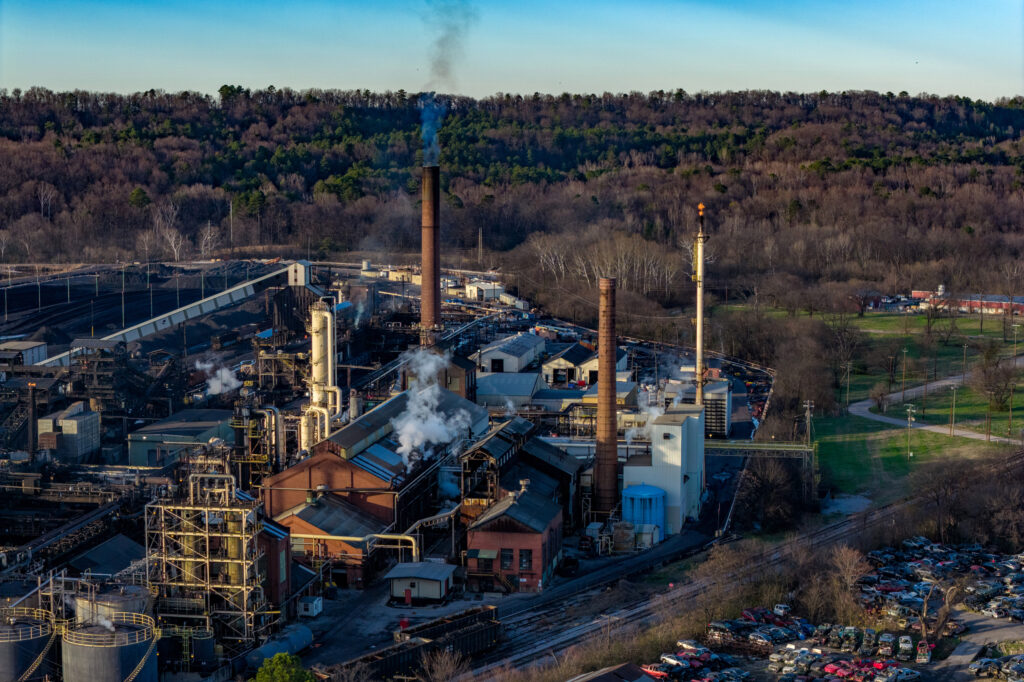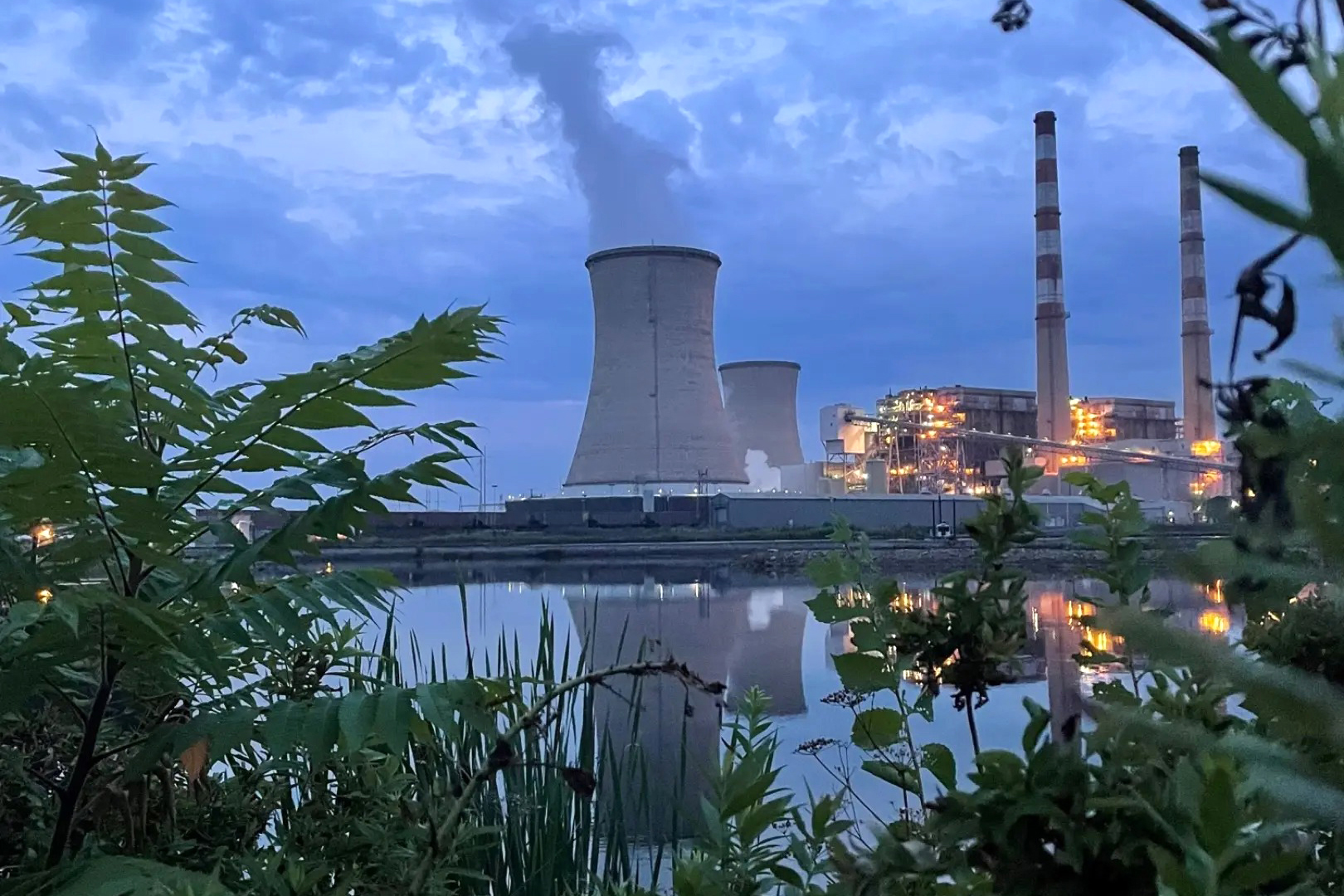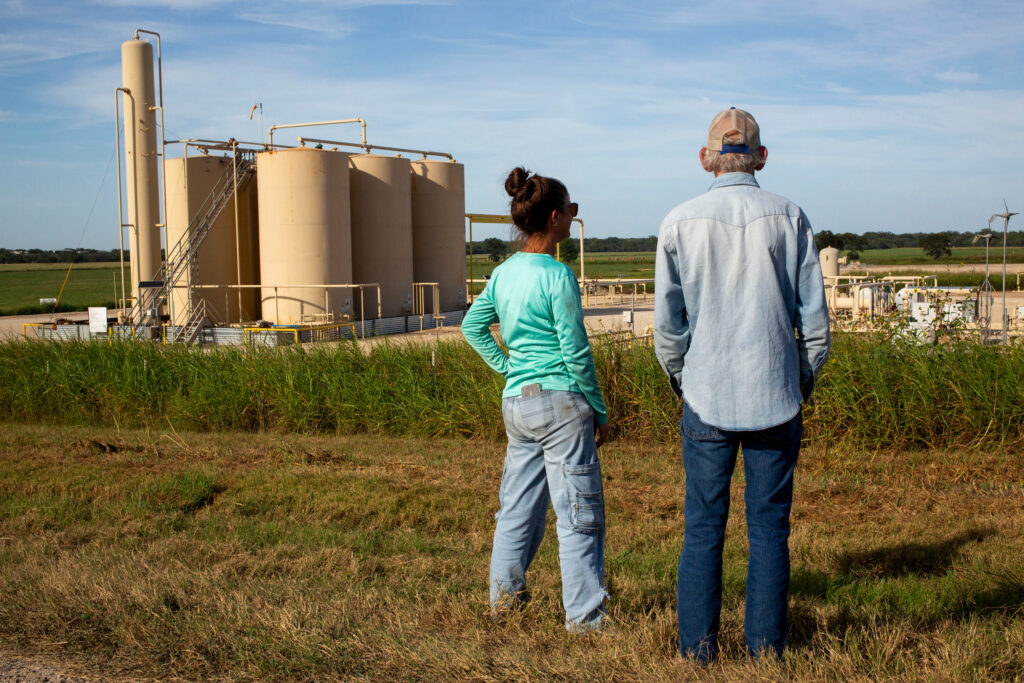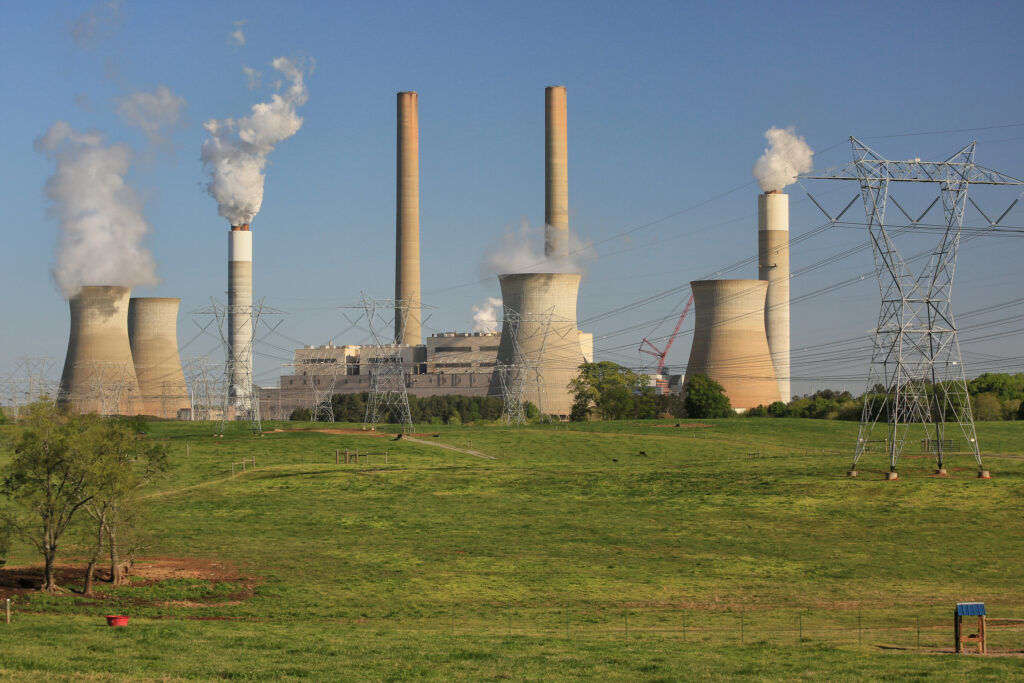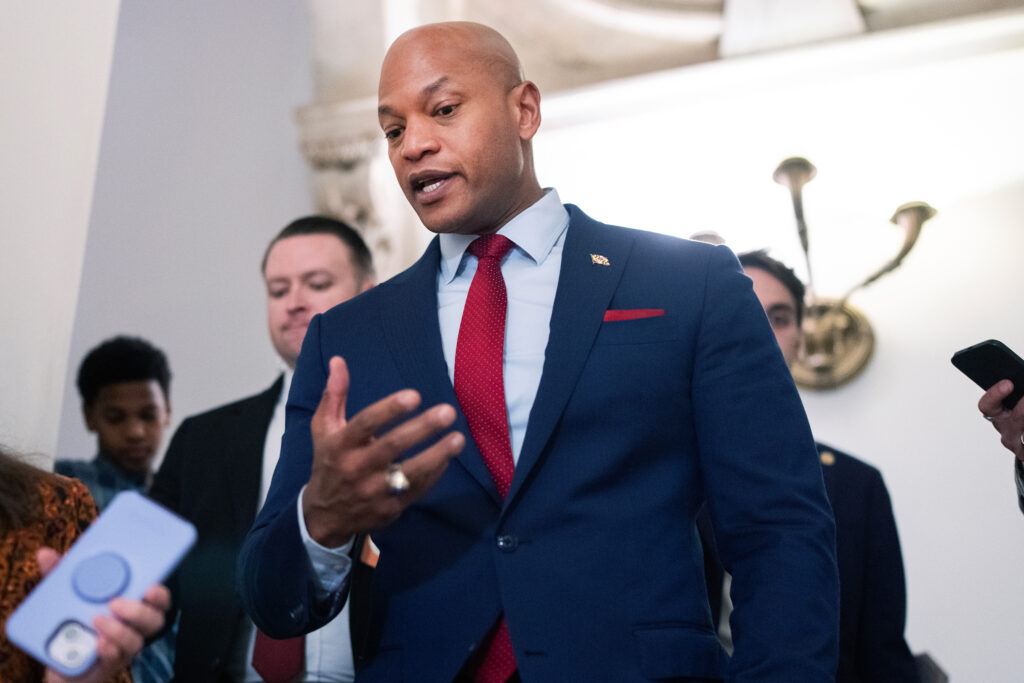In the wake of Inside Climate News’ 2015 stories on ExxonMobil’s research confirming fossil fuels’ role in global warming, the oil giant hit back with a #GetTheFacts social media campaign calling the reporting “misleading,” “baseless,” and “politically motivated.”
But in internal discussions, Exxon’s communications team grappled with how to respond when “we actually don’t dispute much of what these stories report,” according to one of 4,500 documents newly released by Congressional Democrats after a two-and-a-half-year investigation of industry disinformation on climate change.
At a hearing on Wednesday, Senate Budget Committee Chairman Sheldon Whitehouse (D-R.I.) said that the new documents show the evolution of the oil industry’s response to climate change. Instead of an outright denial of the science, Whitehouse said the oil companies engaged in what he called “Climate Denial Lite.”
Big Oil, Whitehouse said, is now “pretending it is taking climate change seriously—while secretly undermining its own publicly stated goals.”
We’re hiring!
Please take a look at the new openings in our newsroom.
See jobs
Rep. Jamie Raskin (D-Md.) took the witness stand to reel through the examples the House Committee on Oversight and Accountability gathered in a probe that began when Democrats had control of the House. Through subpoenas, the committee obtained more than 2 million pages of documents from four oil companies and two trade associations.
Although the committee held hearings and produced reports before Republicans took control of the House in 2023, the newly released documents deliver new details on the contrast between the oil industry’s public and private stands on climate change:
- Executives at Exxon, which publicly supported the Paris Agreement, warned internally in a 2019 memo against language committing to the goals of the landmark international treaty.
- While oil companies publicly voiced support for methane regulations, a 2019 email among BP officials noted the Trump administration’s rollback of the rules was “aligned with our thinking.”
- While Exxon was spending $175 million on an advertising blitz touting its research into algae as a climate solution, a 2017 email by an Exxon research official cautioned that “we need to be mindful that we’re not suggesting it’s ready to go to large scale demo.”
“Big Oil’s pattern of lying and cover-up set the country back decades in our ability to seriously address the problem,” Raskin said.
Many of the findings covered at the hearing and in an accompanying report had already become publicly known, first in reporting by Inside Climate News and other journalists and then through research published by social scientists, activists and others, said Robert Brulle, a visiting research professor of environment and society at Brown University who studies the fossil fuel industry’s advertising and lobbying.
“This is verifying what we already thought was going on,” Brulle said. “Now we have internal documents that lend greater credibility” to academic papers and reporting showing that oil companies have continued working to slow climate action even as they have publicly voiced support for the Paris climate agreement.
Brulle said the documents about Exxon’s algae advertising could prove especially helpful to an ongoing lawsuit brought by the Massachusetts Attorney General’s office, which accuses the company of using deceptive advertising tactics. The documents include an email from Exxon’s chief executive, Darren Woods, approving an advertisement that other company officials said risked implying, erroneously, that the research was “in scale-up mode.”
“Big Oil’s pattern of lying and cover-up set the country back decades in our ability to seriously address the problem.”
In the report accompanying the release of the documents, Congressional investigators said Exxon’s response to the 2015 Inside Climate News series, “The Road Not Taken,” showed “an almost real-time glimpse into the evolution of climate denial strategies as fossil fuel companies pivoted from outright climate denial to a new strategy of deception.”
In an early draft of a blog response to the Inside Climate News stories, Exxon defended the role of fossil fuels, labeled the accusations against the company as “way off the mark” and the reporting as “journalistic malpractice.” But the final published piece struck a different tone, saying the company “believes the risk of climate change is clear and warrants action.”
In a December 4, 2015, email to her colleagues, Exxon corporate communications adviser Pamela Kevelson outlined a response strategy of not quarreling with the findings of the reports by Inside Climate News, but putting a positive spin on company’s history: “The question is why did THEY interpret the facts so negatively,” she wrote.
The courts are now being asked to interpret the meaning of Exxon’s climate research program. It has become a key piece of evidence in lawsuits by states and cities across the country, who say it shows the oil industry’s knowledge of the harm of its products. They are seeking compensation from the industry for the cost of climate damages.
At the hearing, the Democrats sought to draw parallels between the oil industry and the tobacco industry, which agreed in 1998 to pay $206 billion to settle a case brought both by states and the U.S. Department of Justice in the 1990s over the health costs of smoking. Sharon Eubanks, who served as lead counsel for the Justice Department in the racketeering case against the tobacco industry, testified that she saw “striking similarities with the behavior of the petroleum industry.” She urged lawmakers to request the Justice Department investigate a possible federal case against the oil industry.
Exxon stressed in its #GetTheFacts social media campaign and elsewhere that it had never stopped climate research—instead, it was continuing to do so, focused on technological solutions. Congressional investigators, however, unearthed memos showing oil companies were downplaying the potential climate harms of one of their solutions—natural gas—while overstating the progress being made on others, like algae.
“Instead of misrepresenting the science and the consequences of climate change,” the Congressional report said, oil companies “pivoted to misrepresenting their business plans, their investments in low carbon technologies, the alleged safety of natural gas, and their support for various climate policies and emission reduction targets.”
Elise Otten, an Exxon spokesperson, said in a statement that “these are tired allegations that have already been publicly addressed through previous Congressional hearings on the same topic and litigation in the courts. As we have said time and time again, climate change is real, and we have an entire business dedicated to reducing emissions – both our own and others.”
Republicans on the Senate Budget Committee rejected the scientific consensus that climate change is driven by fossil fuels at Wednesday’s hearing. They pummeled Raskin and other witnesses with isolated statistics they said showed that climate change was a natural phenomenon.
Sen. John Kennedy (R-La.) said that more carbon dioxide emissions were being produced by fires in Canada’s boreal forests than would be reduced by the Biden administration’s signature climate initiative, the Inflation Reduction Act. Sen. Ron Johnson (R-Wisc.) noted that sea level has risen 390 feet since 20,000 years ago (which happens to be the peak of the last Ice Age, when sea levels plunged). Both Kennedy and Johnson argued it was folly to take action to stem climate change by reducing fossil fuel emissions.
“Literally there’s nothing we can do about this other than adapt,” Johnson said.
This story is funded by readers like you.
Our nonprofit newsroom provides award-winning climate coverage free of charge and advertising. We rely on donations from readers like you to keep going. Please donate now to support our work.
Donate Now
Kennedy focused less on CO2 emissions, saying 4 billion people around the world depend on fertilizer derived from natural gas for food production: “If we didn’t have natural gas, 4 billion people would starve to death. What do we do about that?”
And the top-ranking Republican on the Budget Committee, Sen. Charles Grassley (R-Iowa) blasted Whitehouse for using his chairmanship to hold hearings—16 so far—focused on climate change instead of sticking to sessions on the budget and the deficit.
But Whitehouse, long one of the most outspoken climate action advocates in Congress, defended the Budget Committee’s work on global warming as critical to the nation’s fiscal health.
“Perhaps history will show that the economic shocks from the mortgage meltdown and from COVID, which produced a third of our national debt, don’t prefigure an even worse economic shock from our failure of stewardship on climate,” Whitehouse said. “But I doubt it. I believe the economic danger is deadly real.”





